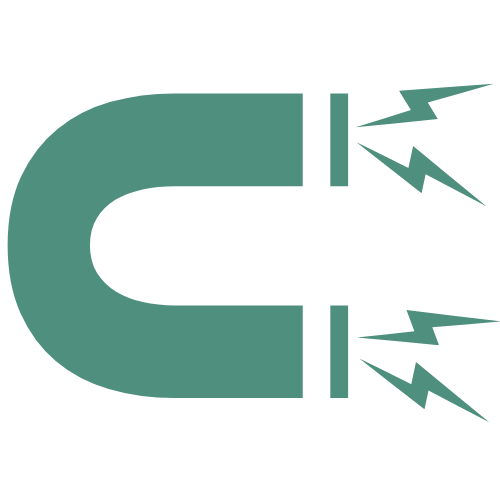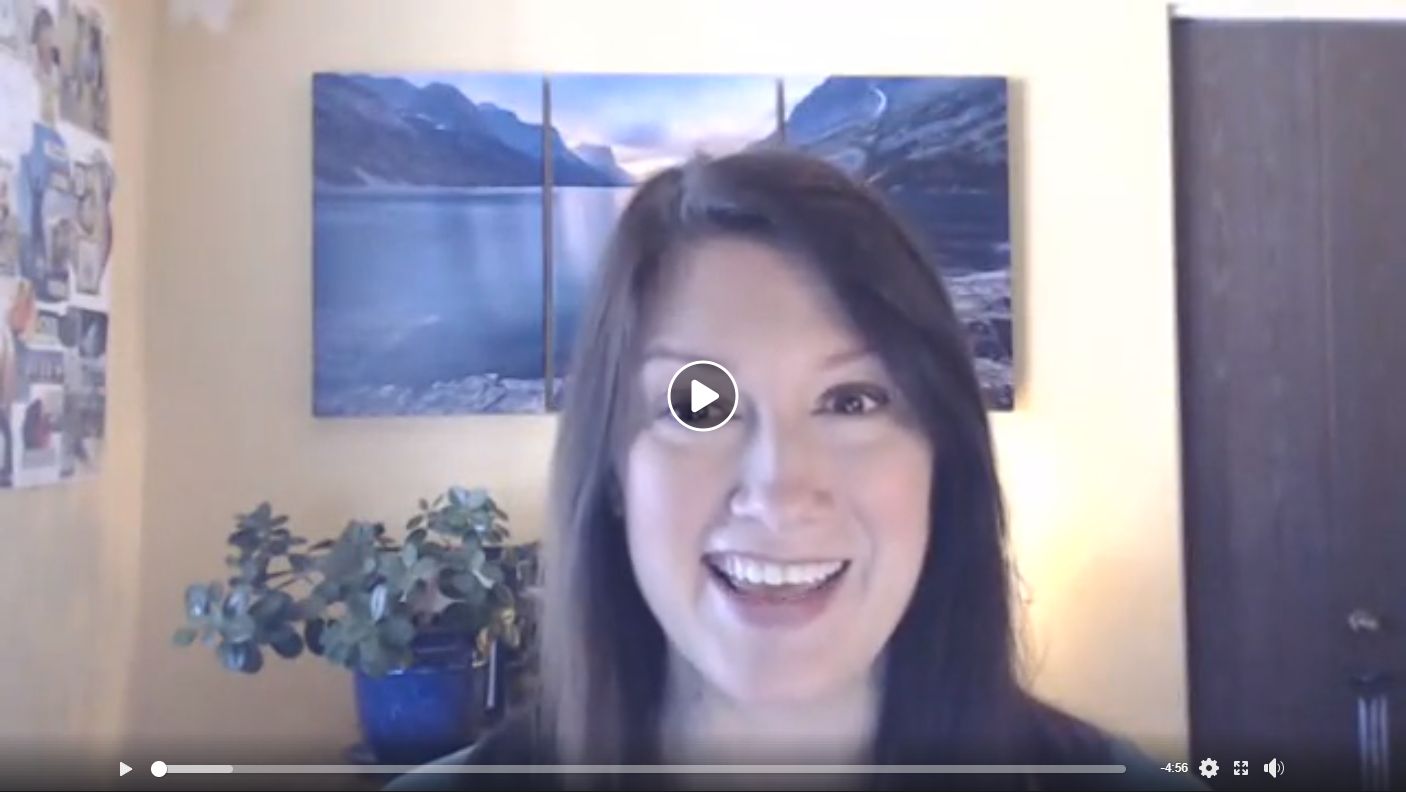What’s the critical, often-missed, first step in a job search? It’s simple: Get to know your audience.
Whether you’re crafting and sending cover letters and resumes, preparing for job interviews, or negotiating for a raise or new salary, it is key to know your what matters to your target employer, your audience.
The better you know and understand what matters to the people you’re targeting, and the more clearly you speak to their priorities, the more likely you are to be recognized as their ideal candidate.
Don’t try to reach everyone.
I get calls all the time from clients who aren’t sure which job to target. They ask, “Can you just write me a “general” resume?”
That’s what one did 15 or more years ago: created a single historical resume. It spoke to the places you’d worked and and summarized your responsibilities. Overall the content of the old school “general” resume was, well, general. Vague.
That kind of resume asks the reader to look through your history to determine whether you’re a good fit.
But as a job candidate, the last thing you want to do is make your target employer do more work. They’re looking to hire someone who will solve problems for them, not give them more work do to.
More on the difference between the general resume and a future-focused resume here.
Get specific.
Your most effective cover letter, resume, and interview will specifically address what’s important to each target employer. That starts with getting to know what’s important to them.
Ask yourself this question.
What is most important to the hiring team when considering candidates for this position and organization?
“Beauty is in the eye of the beholder.” To write a great resume, you need to know what matters to those who will read it, what will be “beautiful” (think: relevant) to their eyes.
How do you figure that out? The same way we do.
Even for us professional resume writers, there’s no shortcut.
Devour all the resources you can about the position, people, organization, and industry. Start with the job description, then expand to the website, news, your network, associate materials, anything you can think.
Don’t forget to ask yourself, “If I were hiring for this position, what would I want or need to know?”
Once you know what matters to your audience, you’re ready to craft that interview-winning resume and conduct that offer-earning interview.
Want help writing a resume, cover letter, or LinkedIn profile that speaks to your specific audience? Contact me about our done-for-you custom crafted writing services. Need support in clarifying your vision, choosing a career target, or an audience-focused job interview? Let’s chat about private coaching.
—————-
Struggle to talk about what you do, or feel like you’re driving a bus with no steering wheel when it comes to promoting yourself in your career? (Hey, you’re not alone! Almost all my clients say the same, at first. And I’m here to help.) Join my free workshop coming soon: Define Your Brand – Make It Rain Job Offers and Opportunities.


